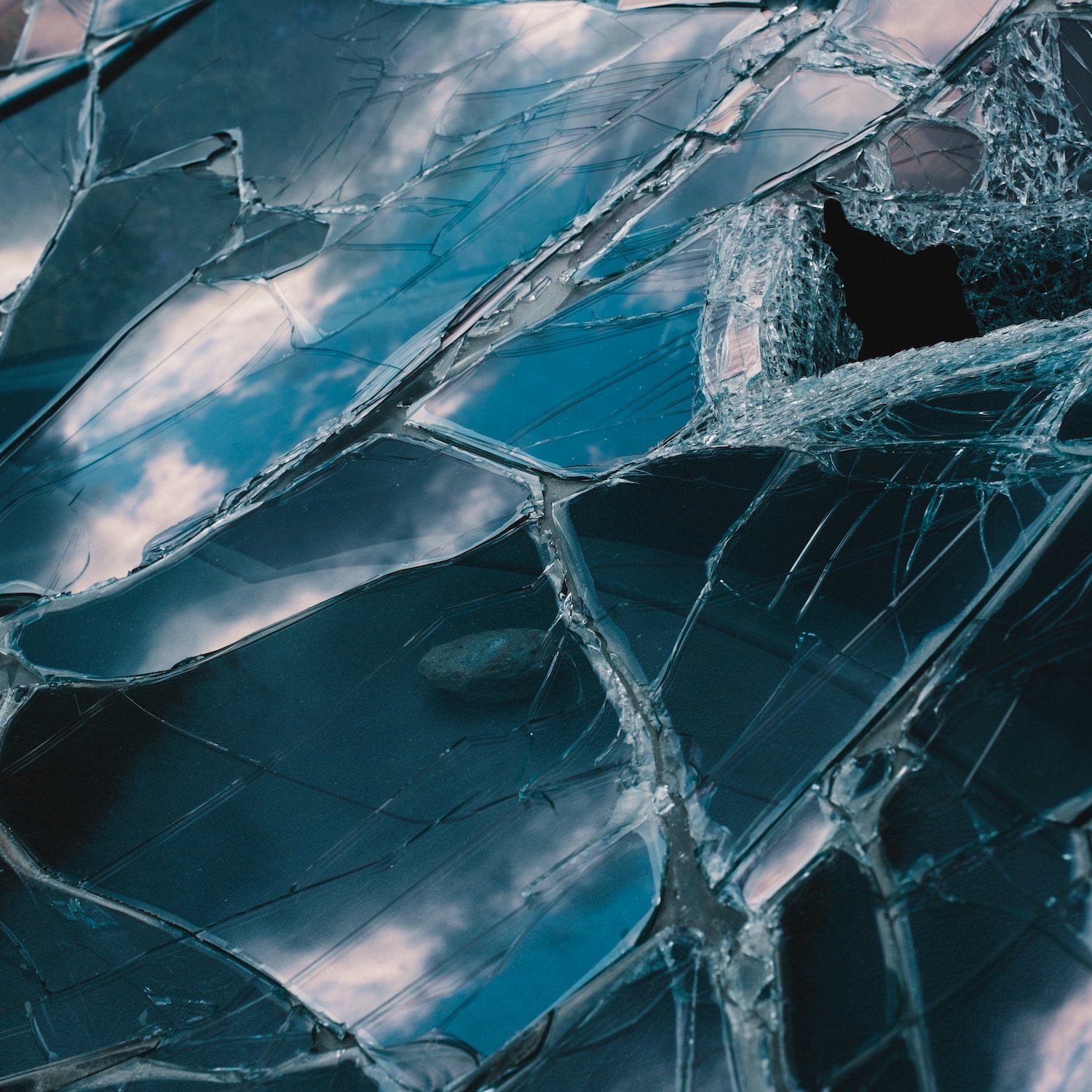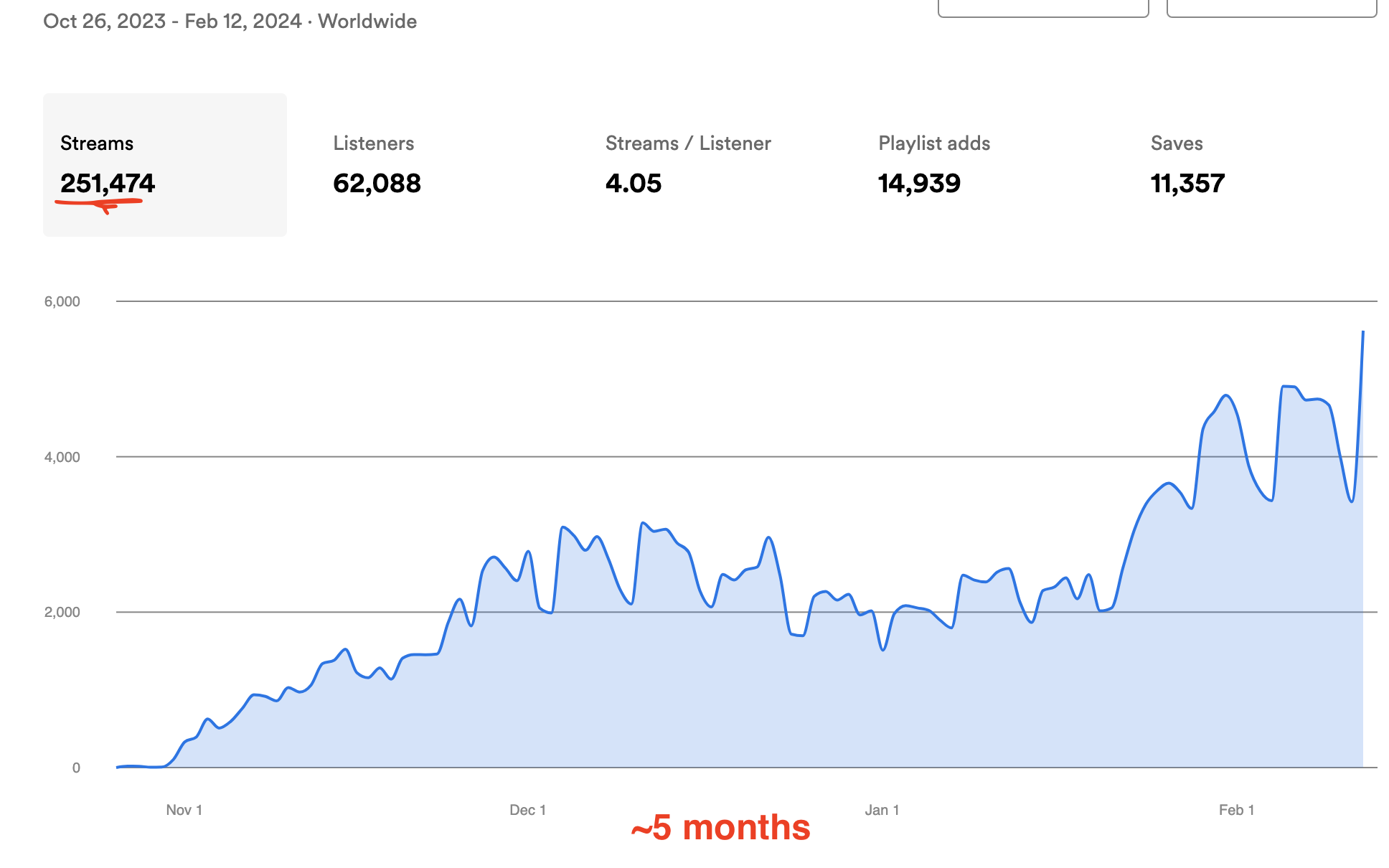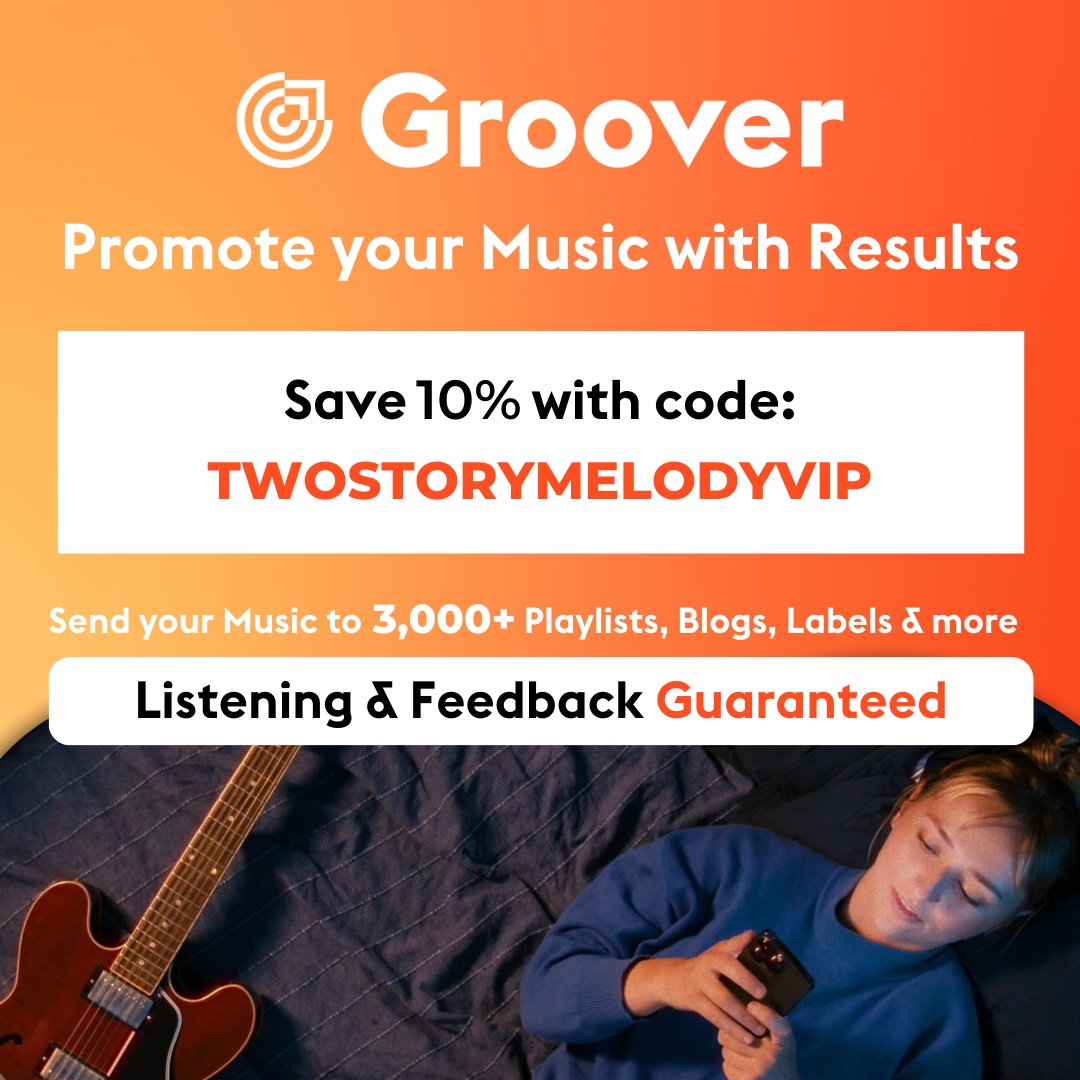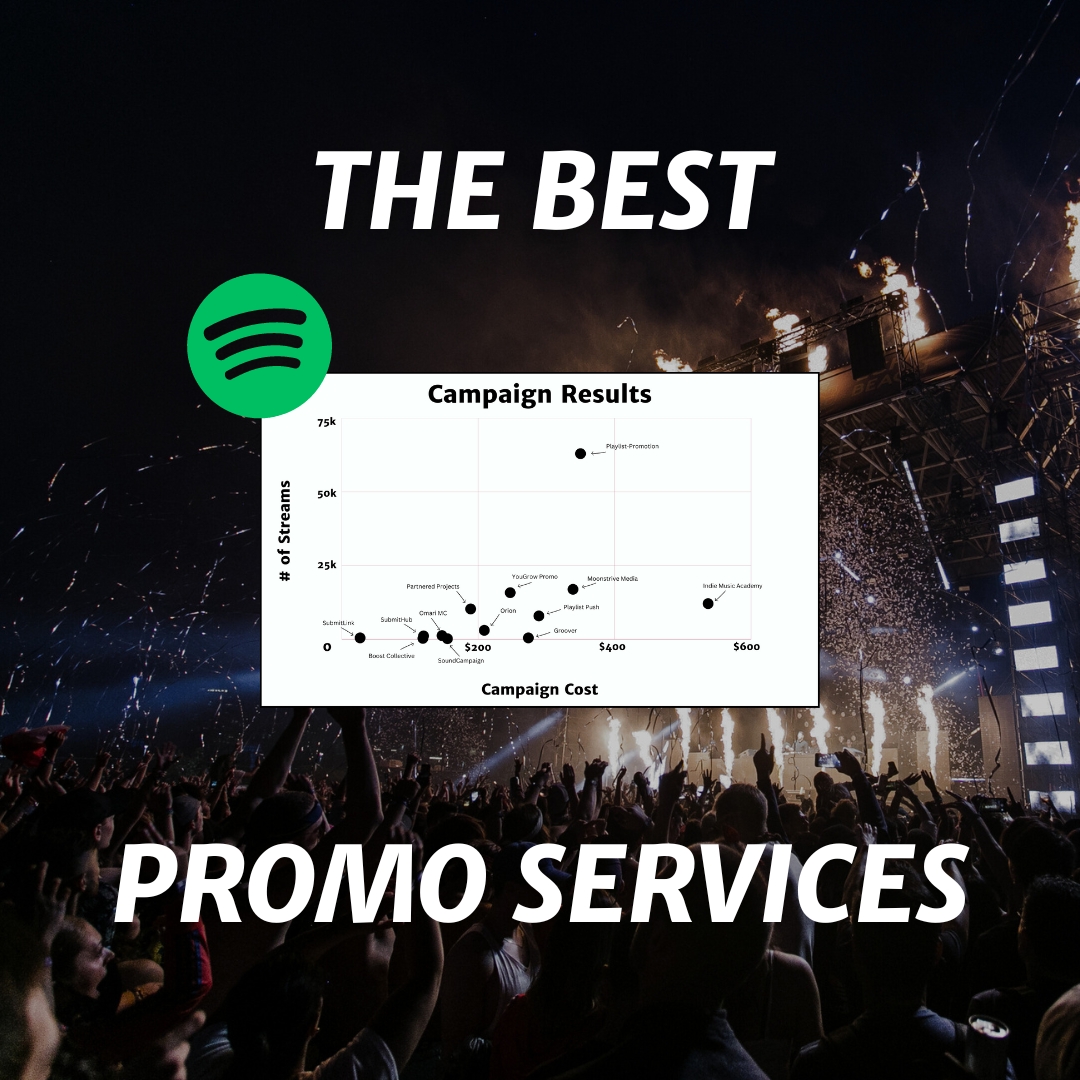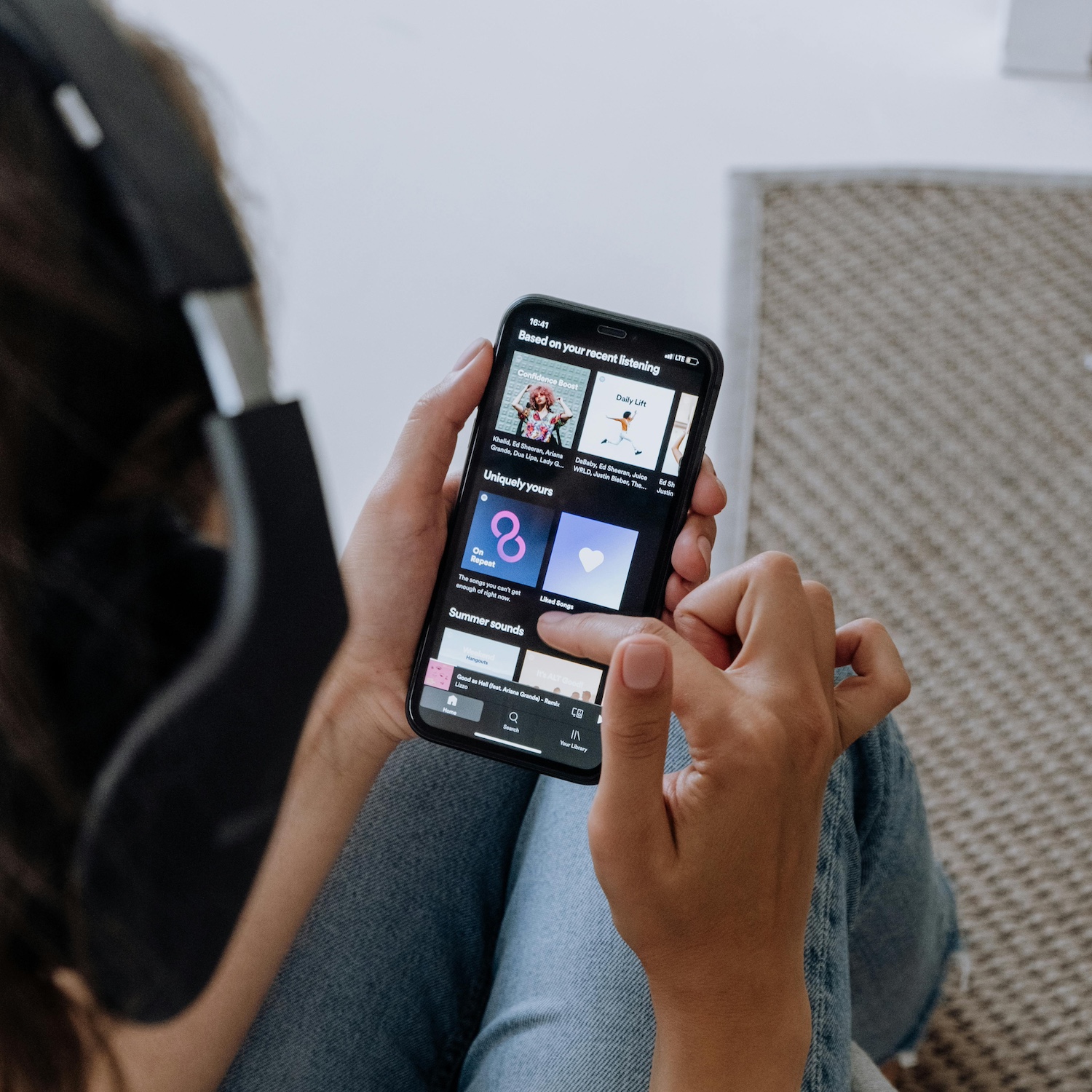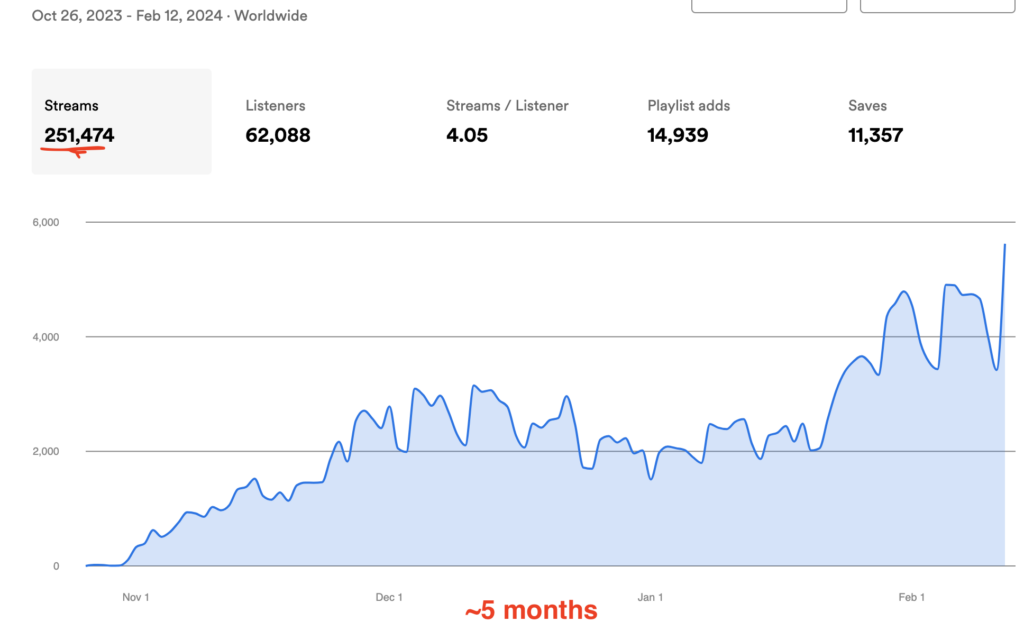I was struck by this article recently.
It’s a column by Bob Lefsetz, and on the off-chance that you don’t want to spend your next six minutes reading it, I’ll give you the SparkNotes version of the main idea:
New music is declining in popularity, not because new music is bad – but because it’s harder than ever for anything to become popular.
And it’s harder than ever mainly because the media landscape has become ridiculously fragmented.
It used to be that pop culture was more homogenous. Before the internet, there were only a few games in town; labels could rocket their artists to the top by hijacking radio play, or, as radio declined, by paying to get their artists onto platforms like MTV.
But there’s no radio star or MTV-equivalent in the 2020s.
Instead, we’ve got like six million music niches, each with its own little ecosystem of Spotify genre playlists and curated YouTube channels and TikTok trendsetters – and, as a result, there’s no single lever major labels can pull to supercharge a new release.
Lefsetz mentions the performance of Beyoncé’s new track as an example:
“Beyonce’s new single has underperformed so far. I mean could anybody get more ink, more publicity than Beyonce?
But ink no longer means that much. The endless reviews, the stories in the straight media.
It all comes down to the public, which can be manipulated ever less in the modern world.”
Don’t get this wrong – it’s still very possible to manipulate groups of people.
But it’s less and less possible to manipulate the public – by which Lefsetz means pretty much everyone.
I think this is a really interesting concept.
And it actually makes me kind of sad.
I’m weird this way; I’ve always liked cultural phenomenons that seem to bring the whole world together around a single thing.
The Olympics. Star Wars movies. New Year’s Eve.
Like, I love the idea that everyone in the world is into the same thing at the same time. Because even if the thing is only some superficial show, it still feels like we’re all connected somehow, like we’re all alive and in life together.
As pop culture has fragmented, that’s become a rarer feeling.
But even though the fragmentation of pop culture makes me a little sad, I also think it represents a pretty big opportunity for indie artists.
When I talk to people at major labels, I consistently hear that they feel frustrated with the tools they have at their disposal. A lot of the tactics they’ve used for decades are becoming too blunt to be effective in the increasingly fragmented landscape.
And a lot of the stuff that is working is the same stuff that works for indie artists: finding the right little ecosystem of people and building smaller-scale (but often more meaningful) relationships.
In other words, major label acts used to have a huge advantage over indies because they controlled the major levers for generating popularity.
That’s not quite as true anymore.
I won’t lie to you, the major-label advantage absolutely still exists – but it’s a lot smaller now.
I don’t really have a tactical takeaway from this, but I do hope it leaves you feeling hopeful.
Music has always been about connection.
And while it might be harder than ever to connect on the scale of, say, The Beatles or Billy Joel or even 2000s-era stars like Beyoncé, I think it’s easier than ever to find an ecosystem that fits you.
Pop culture might be dying, but personal connection will always be the lifeblood of art. If you’re an indie artist – or if you just value the depth of community that music can create – that’s a beautiful thing.
Here’s wishing you good luck as you find your people.
Even if you never find 300,000,000 of them.

